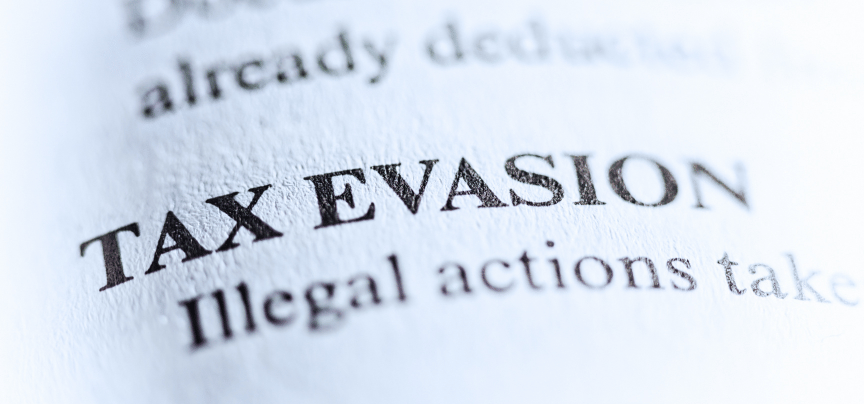
If you are like many Missourians, you have an abiding fear of the Internal Revenue Service. Maybe it is similar to your possible aversion to dentists. Even though no dentist or IRS agent ever harmed you, nevertheless you dread every upcoming dental appointment and every upcoming April 15. You keep thinking that just because these people never hurt you in the past does not mean that they cannot and will not hurt you in the future.
Most of us do our very best to compute, file and pay our taxes on time every year. But we worry about possible mistakes and if these may rise to the level of tax evasion, a serious federal felony. Breathe easy. FindLaw explains that you do not commit tax evasion unless and until you deliberately do something to evade either your mandate to truthfully assess your taxes or your mandate to pay them.
Tax evasion examples
As stated, mere mistake or even negligence is not tax evasion. Instead, you must deliberately do something to reduce the tax amount you should pay. For instance, you might do one of the following:
- Refuse to file your income tax return
- File a false return
- Conceal your income sources and amounts
- Overstate your deductions
- Hold assets in someone else’s name
- Destroy your records
Tax evasion penalties
Bear in mind that the IRS has the burden of proof when it comes to the amount of taxes you should have paid but did not. If they meet their burden and convict you of tax evasion, each form of it carries a different penalty, all of them severe. Witness the following:
- Failure to file: a maximum one-year prison term and maximum $100,000 fine for each year you failed to file your tax return
- Fraudulent return: a maximum three-year prison term and maximum $100,000 fine
- Concealment or misrepresentation of financial information: a maximum five-year prison term and maximum $100,000 fine
- Failure to pay: maximum three-year prison term and maximum $250,000 fine
This is general information only and not intended to provide legal advice.
